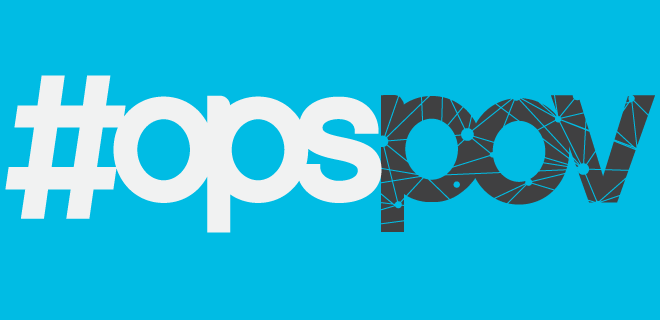
I don’t want to sound like an alarmist, but if you think it’s hard for publishers to bend to the whims of Google and Facebook to get their content out to a mass audience, just think for a few seconds about what it might be like playing ball with ISPs if the FCC repeals net neutrality. It sure looks like it could be a lot worse.
As every other media outlet (including this one) has been pointing out over the last couple days, if net neutrality goes away, that opens the door for ISPs to go nuts in their pricing and distribution practices. Theoretically, they could speed up page load for sites that pay them extra, or they could slow down sites that refuse to pay up (or that publishers who do pay up ask them to slow down, for a little competitive edge). They could block sites entirely if they wanted to. On the user’s end, ISPs could set up a tiered system where users pay more for higher-quality services, even over the same method of delivery. They could do a lot of things, in theory. Suddenly, optimizing for Google AMP doesn’t seem too harsh, by comparison.
Publishers aren’t paying delivery taxes to ISPs yet, so let’s not get dramatic about what might possibly transpire on an internet without net neutrality. Let’s focus on the power ISPs have at the moment, even with net neutrality in effect—because it’s a lot.
The more time passes, and the more consolidations that hit the news wire, the more often we hear digital media types argue that there’s room in the marketplace for “a third”—another major player to rival Google and Facebook—and that the “third” could very well be a telecom. The idea that a telecom could step up to that level looks pretty reasonable when you consider how much user data the telecoms/ISPs are sitting on—and how much freedom they have to do what they want with that data. There was a time when the FCC was poised to implement new rules that would prevent ISPs from selling user browsing data to advertisers without explicit user opt-in. But earlier this year, Congress voted against that policy change before it could go into effect.
I wrote about that Congressional vote back in March 2017. Now that FCC Chairman Ajit Pai has come out talking about how ending net neutrality will be good for competition and innovation, I figure this is a great time to repeat an entire paragraph I wrote back then:
The argument that ISPs need that data in order to compete with the big platforms is debatable. We’ve seen consolidation among telecoms and other service providers over recent years. Verizon, one of the biggest ISPs in the U.S., bought AOL in 2015. AOL then bought Millennial Media that same year to help expand its mobile ad capabilities. Not to single out Verizon, but let’s face it, there are only so many ISPs to single out. We’re not talking about an underdog company here, not in audience size and not in tech chops.
I was thinking about this when I read Pai’s statement yesterday. Say you’re a Verizon. (I figure I pay them enough money every month to keep using them as an example.) You’re competing with Google at a different level than if you were just a service provider, because you already own AOL. And that’s why Pai’s statement sounded weird to me. He explained that in the late ‘90s, the U.S. government decided not to regulate ISPs the same way they had historically regulated telephone services, and he sees no reason to renegotiate that decision.
And that sounds weird to me because in 2017, ISPs aren’t just ISPs anymore. Generally, they’re multi-limbed telecom/media/tech platform conglomerates, with loads of data at their disposal, which they can mine in order to determine how their products should behave (and to which users or partners) to maximize their own returns. The way data processing is maturing, ISPs have more power than they did when net neutrality went into effect in 2015, and they’ll have even more power in six months. Back in March, I suggested ISPs were getting into position not to compete with Facebook and Google, but to squash them, from a business perspective. And to be honest, at the time I thought the prospect of telecoms completely overtaking those tech giants was a long shot. With net neutrality on the ropes, it seems a heck of a lot more real.
While there’s surely an opportunity hiding in every change, it’s hard to see what the advantages are for advertisers, publishers or users. Public support for net neutrality seems to grow at about the same pace as public awareness of net neutrality. Having ISPs call the shots sounds like a real mess for publishers. And while it’s been suggested that advertisers would welcome “a third” if one were to arise in the market, it sounds like they don’t want it to happen the way Pai wants it to happen. Just like in March, there’s only one clear group that wins here, and it’s the ISPs.